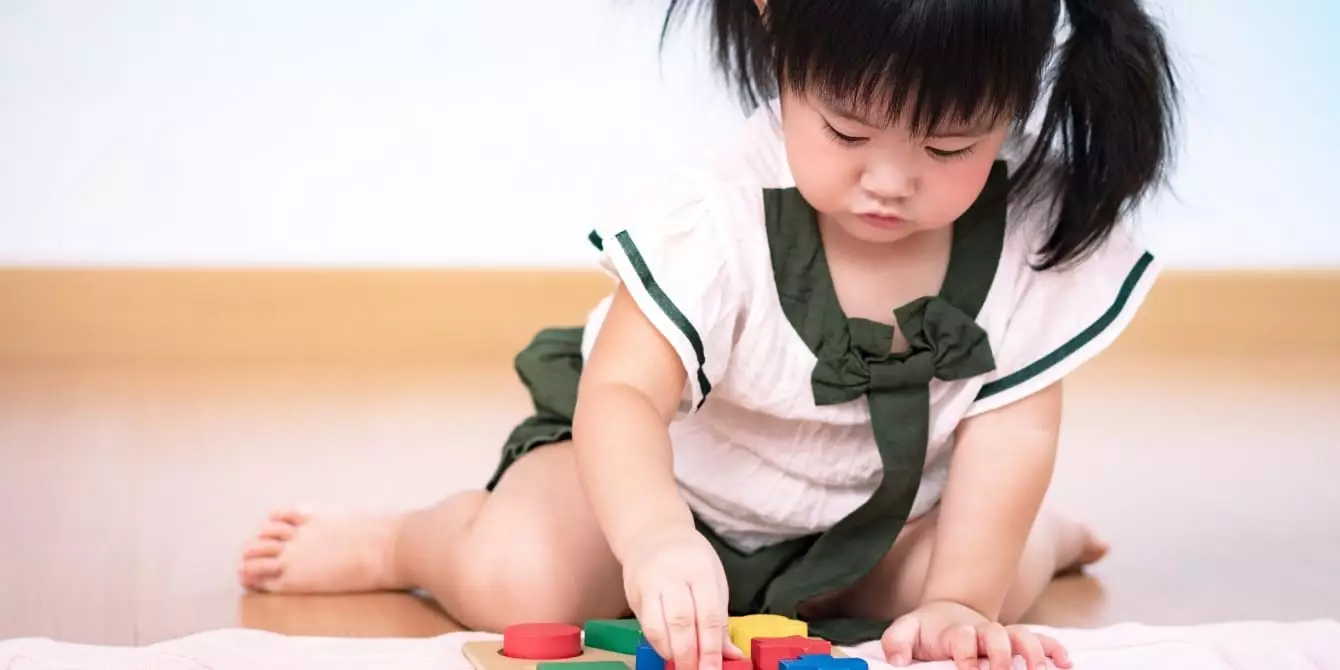As parents and caregivers, there’s a unique joy in witnessing the growth and development of a two-year-old. This stage of life is filled with monumental changes and growing independence as children learn to express their opinions, desires, and emotions. With burgeoning personalities beginning to shine through, it can be both a delightful and occasionally challenging experience. The exploration of flavors, textures, and colors lies ahead, and along the way, there are engaging activities that can foster creativity, coordination, and cognitive skills.
The Beauty of Independence in Toddlerhood
Around the age of two, children start to assert their independence in ways that can leave parents both amused and perplexed. “No socks!” and “More blueberries!” are not just declarations; they are manifestations of a burgeoning self-awareness. Every choice they make, no matter how small, contributes to their understanding of autonomy. It is essential to appreciate this stage as not only a time of learning about preferences but also as a significant developmental milestone, a scene where they are beginning to assert their individuality.
Supporting this independence can be an enriching experience, particularly through tailored activities that encourage exploration and decision-making. It’s important for parents and caregivers to create safe spaces where toddlers can engage in play while learning to make their own choices.
Interactive Activities for Cognitive Development
One of the most beneficial ways to support a toddler’s development during this stage is through sensory play. This is where creativity and exploration intersect, providing endless opportunities for learning. Sensory bins filled with materials like dried beans, rice, or sand invite toddlers into a world of textures. By adding small toys or natural items, children can engage in imaginative play while enhancing their fine motor skills and tactile sensations.
Additionally, ice excavation can be a thrilling way for toddlers to develop problem-solving skills. Freezing toys inside blocks of ice presents a fun challenge, where little hands can use tools to chip away at the ice, fostering patience and persistence. This not only promotes fine motor skills but also gives them a taste of scientific inquiry as they figure out how to retrieve the hidden treasures.
Creative expression is another avenue through which toddlers can learn and grow. An enjoyable activity involves dyeing rice in vibrant colors and then using it as a medium for art projects. Gluing the colorful rice onto paper enhances fine motor skills while also allowing for a sensory-rich creative experience. Such activities stimulate creativity and imagination, pushing boundaries while making art enjoyable.
Parent-child collaborations in play can be incredibly beneficial as well. Taking a trip to a nearby coffee shop could foster development in social skills as toddlers engage with the outside world. Alternatively, at home, a playful game of barista allows toddlers to mimic adult behavior, which not only enhances role-playing but also cultivates language skills.
Physical play is just as significant as cognitive and creative pursuits in a toddler’s development. Simple yet engaging activities like creating a maze with painter’s tape on the floor can significantly boost gross motor skills. Whether navigating a toy car through the maze or scooting along, toddlers sharpen their coordination and spatial awareness.
Another playful activity involves the use of bubble wrap for sensory stimulation. Allowing toddlers to jump and stomp on bubble wrap not only provides auditory feedback but also encourages movement and coordination. Physical play serves as a crucial part of development, promoting overall health while providing endless fun.
Interestingly, toddlers have a natural inclination to replicate adult behaviors, especially chores. Providing them with child-sized cleaning tools allows them to join in. Whether they are mopping the floor or sorting objects, incorporating these chores into play taps into their desire to help. This not only instills a sense of responsibility but can also reinforce motor skills and coordination.
In addition, imaginative play with doctor kits or other role-playing games fosters emotional intelligence as toddlers care for their stuffed animals. Playing doctor not only helps with understanding empathy but also enhances creativity and storytelling abilities.
As parents, fostering an environment rich in creative and sensory play provides toddlers with the tools they need to navigate this exciting developmental stage. By engaging them in diverse activities that explore their growing independence, we witness their skills flourish. The key lies in balancing structured activities and opportunities for free expression, supporting their cognitive, emotional, and physical growth in the most playful and meaningful ways. Each challenge they face and every new experience fosters resilience and confidence, setting the stage for a lifetime of learning and exploration.

